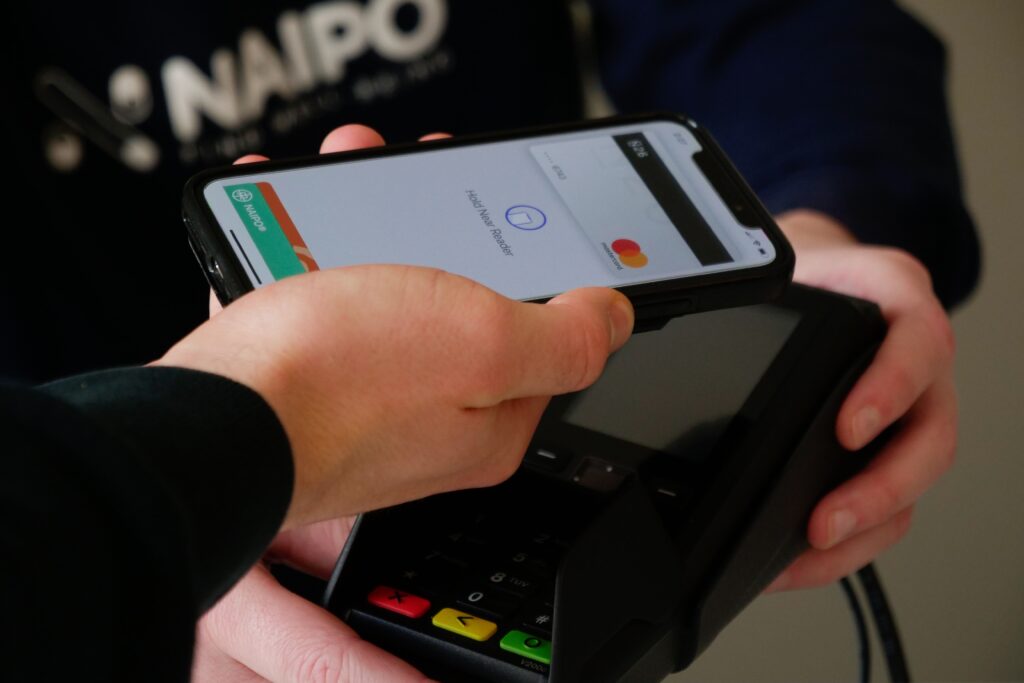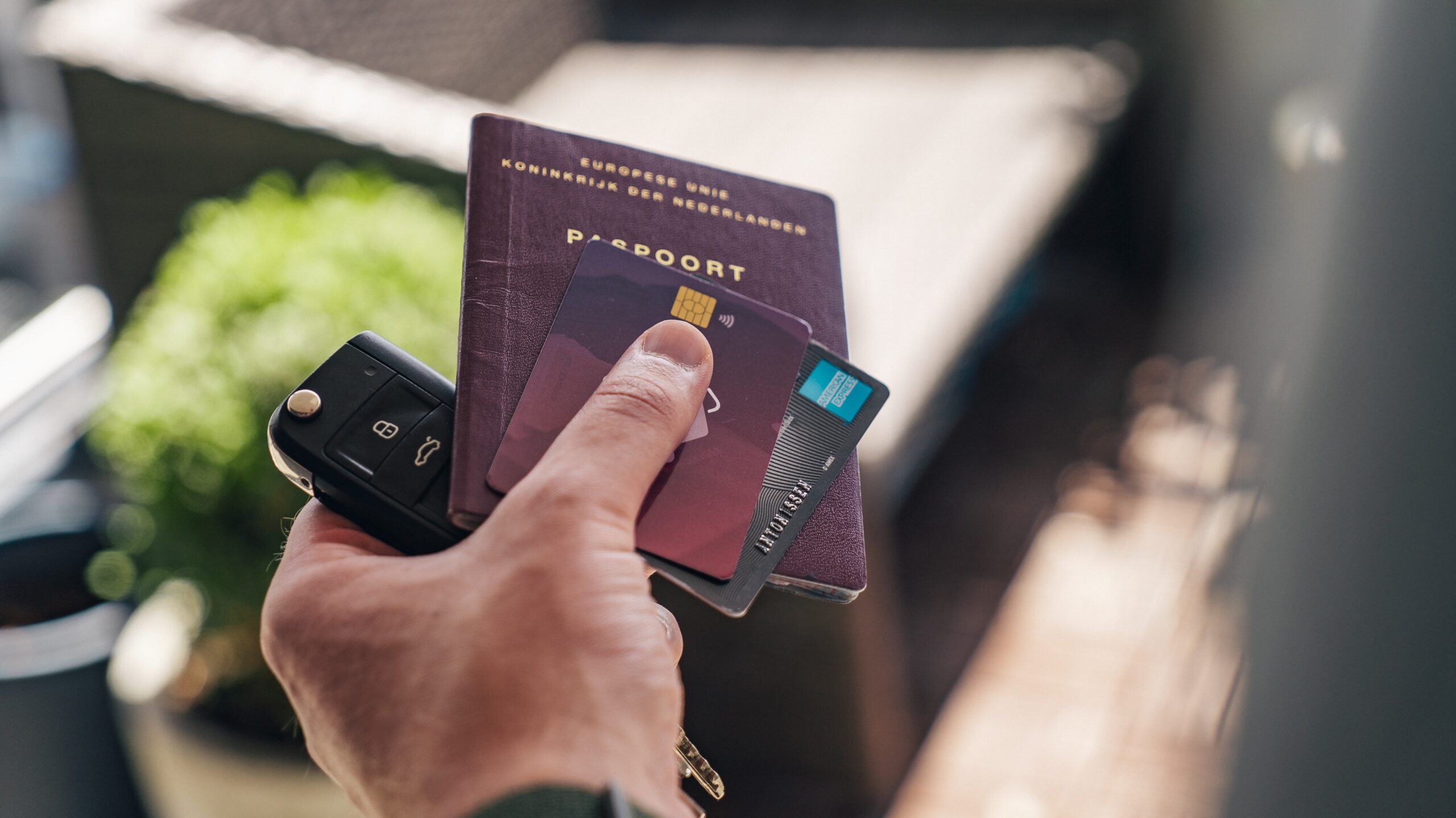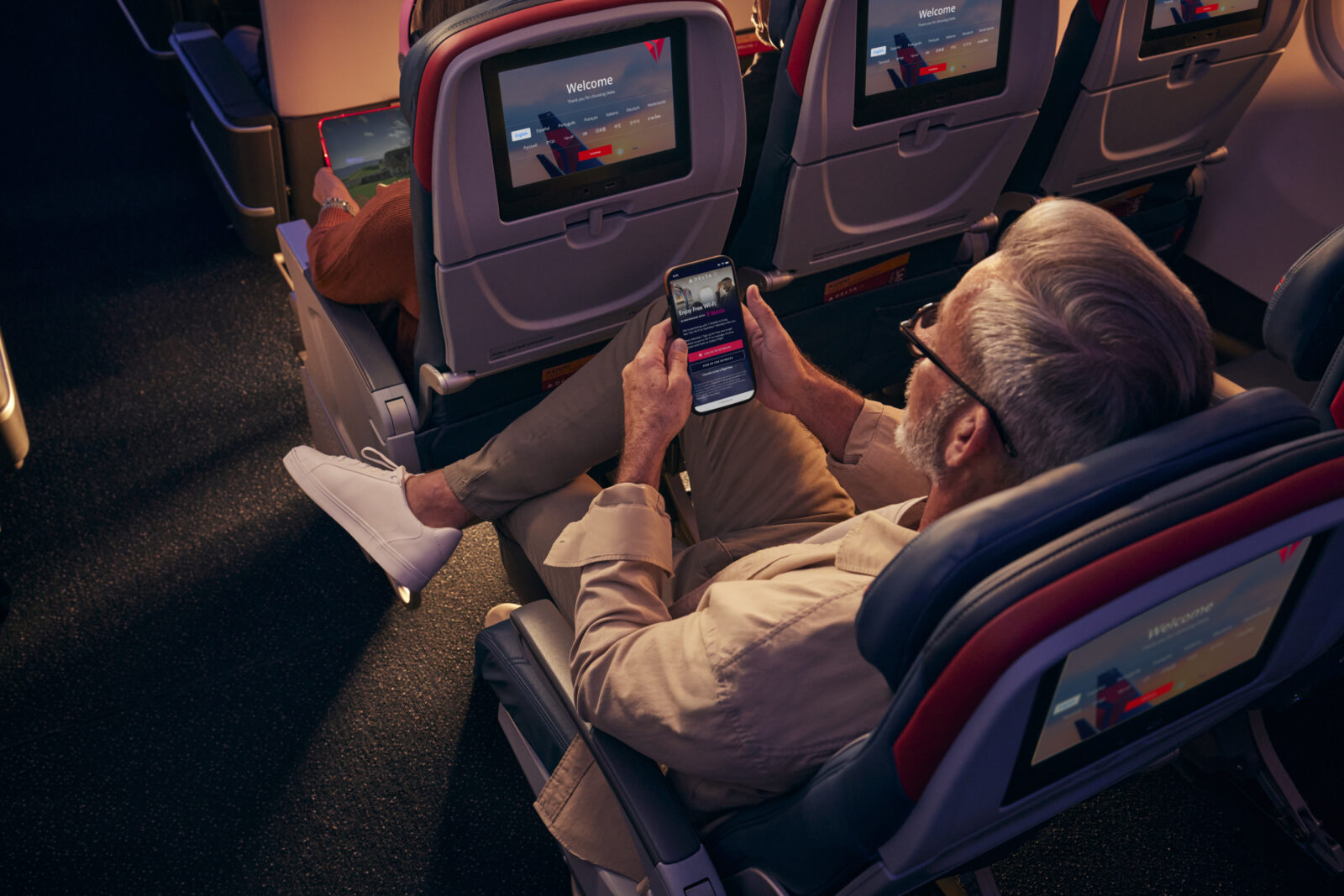More than one in six business travelers (17 percent) have been a victim of credit card fraud at some point during their travels, according to new research from BCD Travel.
The corporate travel management firm conducted a recent survey of more than 1,300 business travelers from across the globe, exploring the different payment methods people use on corporate trips. The survey also asked respondents about the most significant pain points on their travels and which tools they use to make their journeys easier.

Photo: Business Traveler. Courtesy of Bram Naus / Unsplash
The survey revealed that most business travelers (79 percent) still use the traditional payment method of corporate travelers—a corporate credit card. The second most popular payment method was personal cards at 26 percent, followed by direct company payments to travel suppliers via bank transfers or lodge cards at 16 percent. Over a tenth of business travelers (12 percent) also use personal cash when on business trips.
However, just one percent of business travelers said they use a virtual credit card, which is generally considered one of the securest payment methods. This is despite the fact that over a quarter of those surveyed (26 percent) said they are familiar with this payment method and its benefits. Other perks of virtual travel cards include their ease of use and the fact that they cannot be lost.

Photo: Virtual credit card. Courtesy of naipo.de / Unsplash
“Companies looking for ways to simplify payment for their travelers should explore the benefits of payment automation enabled by virtual credit cards,” said Ajay Singh, Vice President of Digital Payment and Expense Products at BCD Travel.
“Virtual payment automation makes it easier to centrally pay for hotel or car bookings. It automatically generates a single-use virtual card number for each transaction and matches all charges to a specific booking. This not only makes the payment process easier for travelers, it also greatly reduces the risk of fraud.”
Regarding business travelers’ most significant pain points, creating expense reports post-travel was the most common complaint, with 63 percent saying this was their least favorite part of corporate travel. This was followed by the need to collect paper receipts at 54 percent, collect receipts in different formats at 52 percent, and keep receipts after their trip at 51 percent.
Moreover, 29 percent of respondents also said that staying within their reimbursement policy was a significant annoyance, while 20 percent complained about having to make out-of-pocket expenses and the need to have cash in the local currency, respectively.
When it comes to the positive side of business travel, 76 percent of respondents said that travel receipts that automatically link to their expense reports were their most valuable expense tool. This was followed by transactions that automatically link up with their trip expenses at 72 percent and expense reports automatically pre-populated with travel data when booking at 67 percent.







